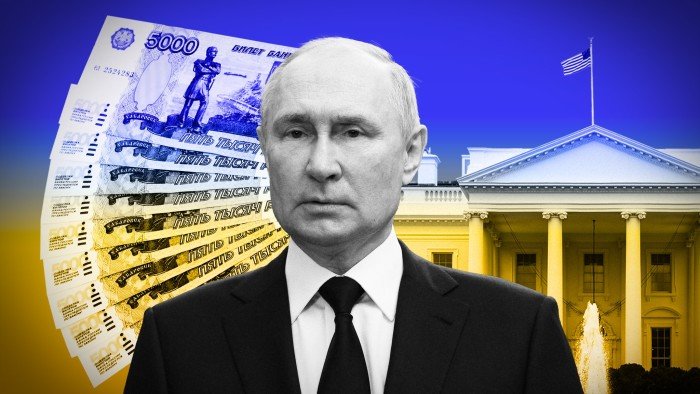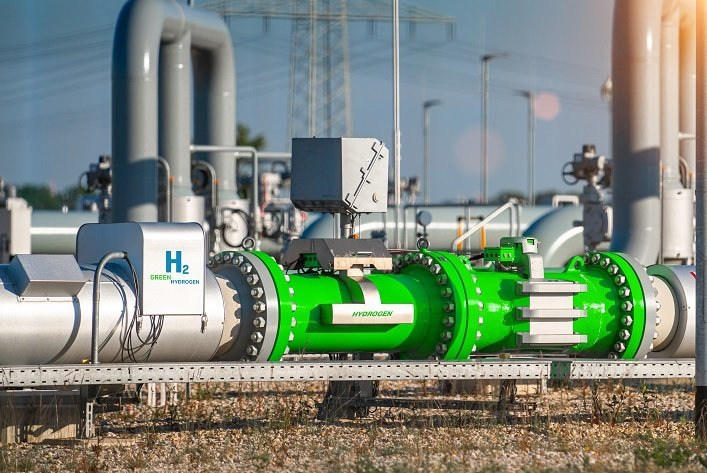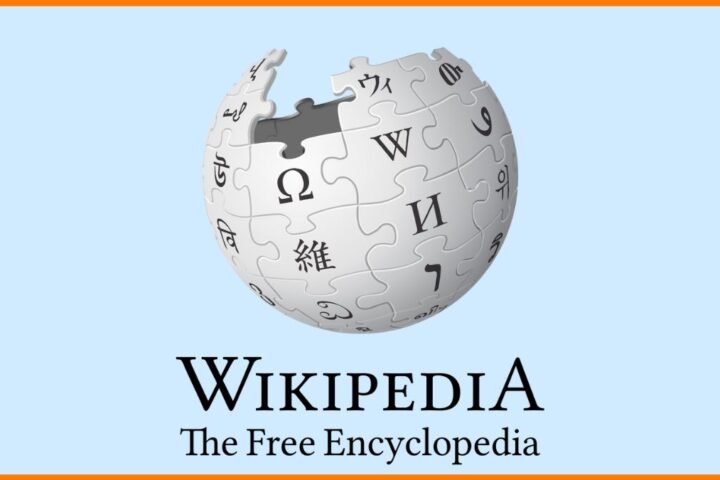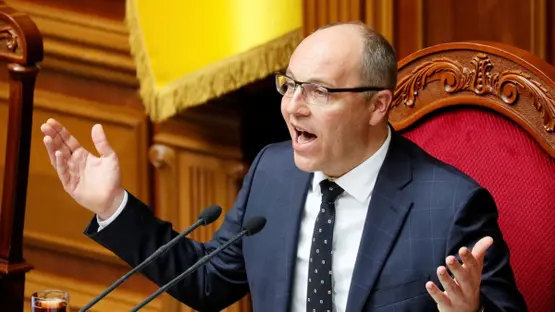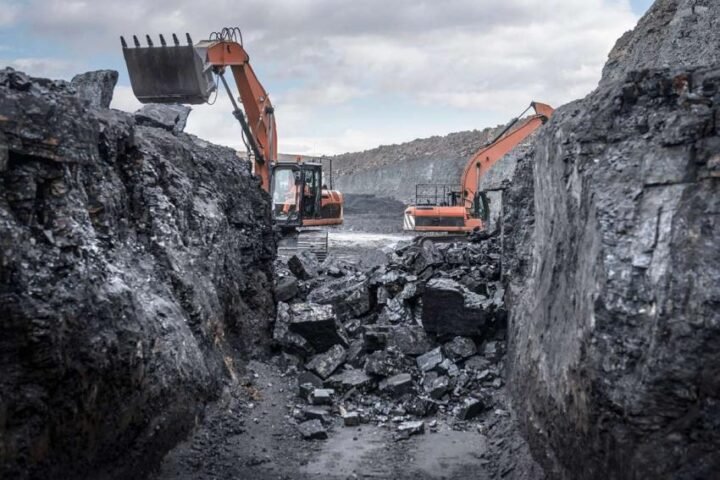Belgian Prime Minister Bart De Wever said on August 26, 2025, in Berlin that he opposes the confiscation of frozen Russian assets held in Belgium. Speaking alongside German Chancellor Friedrich Merz, De Wever emphasized that most of the €190 billion in Russian sovereign reserves are deposited at Euroclear in Brussels, and that legally seizing them would be extremely complex. He argued it would be preferable to keep the funds frozen at the Belgian clearing house until peace talks between Russia and Ukraine begin, rather than risk undermining legal norms by unilateral confiscation. His remarks came as debates within the EU and G7 intensify over how best to use the frozen Russian assets, which were blocked after Russia’s full-scale invasion of Ukraine in February 2022.
European debate on frozen funds
Since the freeze of around €300 billion in Russian state assets across Western jurisdictions, the EU and its partners have explored ways to leverage them to support Kyiv. The European Parliament in July 2025 urged member states to move toward outright confiscation to finance Ukraine’s defense and reconstruction. For now, however, Western governments are using interest generated by the reserves to provide a €50 billion loan package for Ukraine. The dispute underscores a broader divide: while Kyiv calls for the assets to be redirected immediately, most EU governments remain cautious, viewing seizure as a last resort.
Ukrainian and German positions
Ukraine has formally proposed that frozen Russian reserves be used either for reconstruction or remain blocked until Moscow pays reparations. Kyiv also suggested creating a professionally managed fund with Russia’s central bank reserves to maximize income for Ukraine. At a Rome conference on July 11, 2025, Chancellor Merz underlined that Russia’s war has caused at least €500 billion in damages, which Moscow must eventually cover. Until then, he insisted, Russia should not regain access to its frozen wealth.
Calls for stronger action
Some European voices are pressing for a harder line. Polish Foreign Minister Radosław Sikorski argued on July 15, 2025, that the financial burden of arming Ukraine should not fall on European taxpayers but on Russia itself. This sentiment is gaining traction, particularly as the U.S. increasingly provides weapons to Kyiv with European financial backing. Supporters of confiscation stress that the issue is not only legal or economic, but also moral, insisting that the aggressor must bear the costs of the devastation it has caused.
